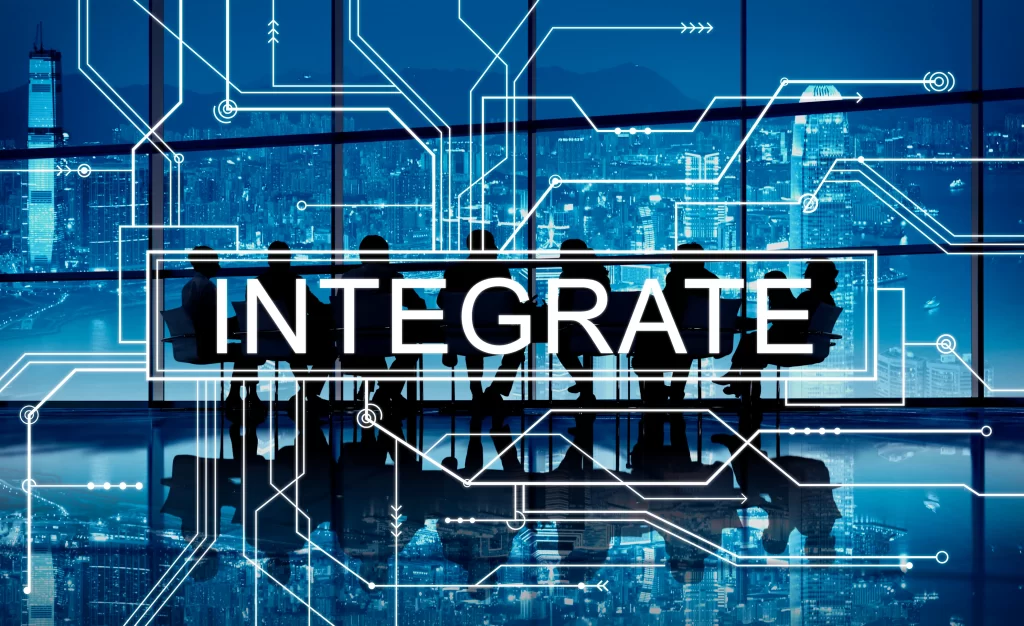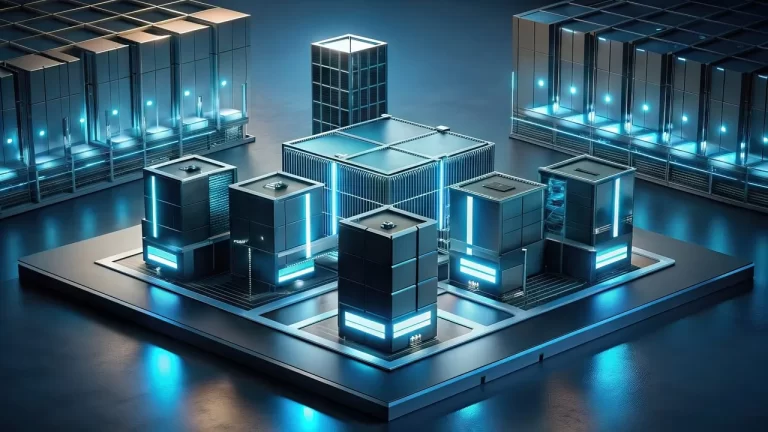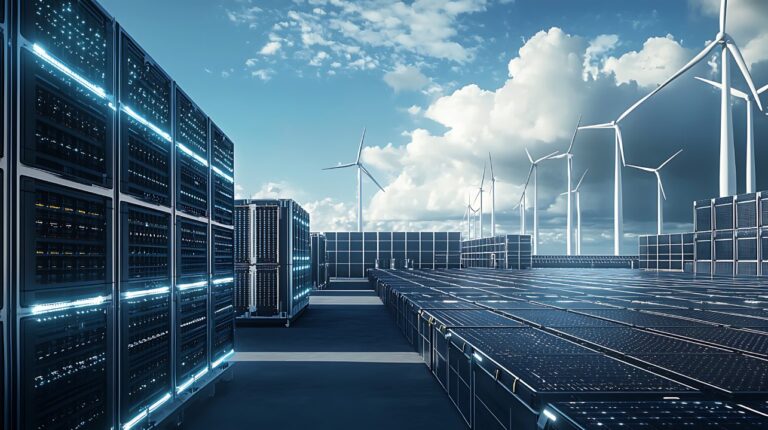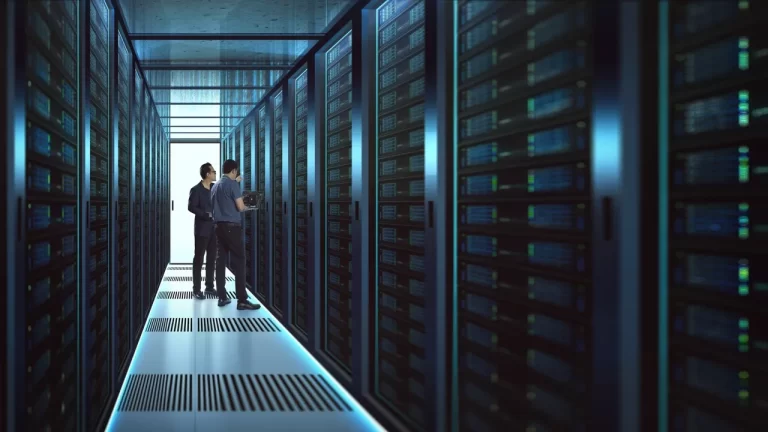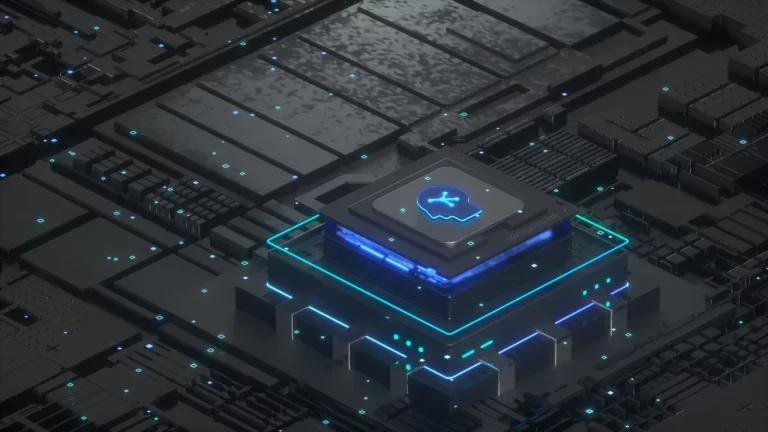Insight
Data centers have become an essential part of modern life. From aviation and automobile production to IT and healthcare, these vital facilities store key infrastructure and contain important data that support efficient operations. One of the biggest worries for data center operators is the safety and reliability of energy sources they rely on to keep everything operating smoothly. As energy needs increase, businesses must identify which energy sources offer uninterrupted, safe and environment friendly electricity supply for high-stakes operations. Power disruptions have the potential to have grave repercussions for industries like aviation, automobile manufacturing, IT and healthcare – from patient care to vehicle safety. Therefore, which energy source would best suit these critical data centres?
What Makes an Energy Source ‘Safe’ for Data Centers?
To determine the safest energy source for data centres, we must consider various factors. When serving critical industries like healthcare or aviation, the safety standards become much higher – both regarding reliability as well as environmental impacts and risk management mitigation.
Reliability and Consistency: Data centres require a constant and uninterrupted source of energy in order to keep their servers and databases online, as any power disruptions could lead to data loss, system downtime, and hardware damage – particularly important when managing healthcare records and live monitoring systems that must remain operational.
Risks Presented by Disruptions & Outages: Power disruptions have far reaching repercussions for industries with high stakes, such as healthcare or aviation; disruptions could impact everything from patient care to operational shutdowns.
Environmental Impact: Due to stringent environmental regulations, data centres are shifting away from traditional energy sources like coal and natural gas in favour of longer-term sustainable ones that leave a minimal environmental footprint.
Fire and Hazard Risks: Energy sources that pose physical risks, such as fire risks or electrical outages, cannot be overemphasized, so energy solutions that help mitigate them are essential to data centres.
Data Center Energy Sources: A Safety Comparison
Coal and Natural Gas as Traditional Energy Sources
Coal and natural gas have long been considered reliable energy sources for data centres; however, their safety records vary considerably.
Coal: Though coal may seem reliable, it’s environmental impacts are immense. It generates high carbon emissions, which contribute to climate change. Furthermore, coal plants are vulnerable to equipment malfunction, and failure can have wide-reaching repercussions; data centres using this energy source face increased risks of power outages.
Natural Gas: Though natural gas may be cleaner than coal, it still carries risks. Natural gas systems can be subject to leaks, explosions or fires that pose safety concerns for data centres that house sensitive information and critical systems. Furthermore, disruption in supply could leave data centres exposed to industries like healthcare and aviation that depend on constant gas supplies.
Renewable Energy Sources
Solar Power: Solar energy is widely considered one of the safest renewable sources due to its less environmental impact. However, it’s dependability as a primary energy source may present concerns for data centers in areas with variable sunlight conditions; to mitigate this issue, solar powered data centers often utilize backup battery systems or hybrid solutions.
Wind Power: Wind energy has quickly gained importance within the data center sector, providing steady electricity from wind farms but being location dependent. Since it can fluctuate with weather patterns, data centers must combine wind power with storage or back-up solutions for consistency of supply.
Hydropower: Hydropower is an increasingly reliable renewable source and offers consistent power to data centers while remaining environmentally sustainable. However, large hydroelectric plants come with environmental concerns due to risks related to dam failure and flooding; regardless of these concerns, hydropower remains an effective choice in regions with abundant and safe supplies of energy.
Nuclear Energy Is A Controversial Option
Nuclear energy can deliver reliable power to data centres. While highly steadfast and capable of producing large amounts of energy, nuclear energy carries significant risks that could have devastating repercussions in casualties or natural disasters – making its adoption quite challenging in sensitive industries like healthcare. Radiation leakage fears and managing nuclear waste further complicate its adoption process.
Emerging Technologies: Hydrogen Fuel Cells
Hydrogen fuel cells represent an emerging tech with significant assurance as an eco friendly source of energy. It can be safely stored & transported effortlessly, while fuel cells boast high efficiency with fewer environmental effects. While not widely adopted yet, hydrogen fuel cells are quickly gaining ground thanks to their safety & reliability.
Which Energy Source Is Best Suited for Data Centers?
After carefully considering all relevant factors–reliability, risk of disruption, environmental impact and safety; it appears that renewables such as solar and wind combined with energy storage systems offer the safest energy options for data centers serving critical industries. Renewable sources offer long-term sustainability while simultaneously mitigating environmental risks. Hydropower remains another strong opponent where possible, provided proper safety precautions around dams and reservoirs are strictly upheld.
Conclusion: Energy Safety for the Future
As data centers continue to advance, companies like One Union Solutions that serve critical industries such as aviation, automobile, IT and healthcare equipment must prioritize safety when selecting energy sources. By opting for reliable, sustainable and low risk energy solutions, they can ensure the industries run without interruption perhaps with renewable sources working alongside cutting-edge storage solutions & intelligent energy management systems for optimal power distribution and safety.
Did You Know that,
the international data center market is projected to experience compound annual growth between 2023-2028 at an average compound annual growth rate of 12.13%, necessitating more sustainable energy sources in order to keep pace with demand.

